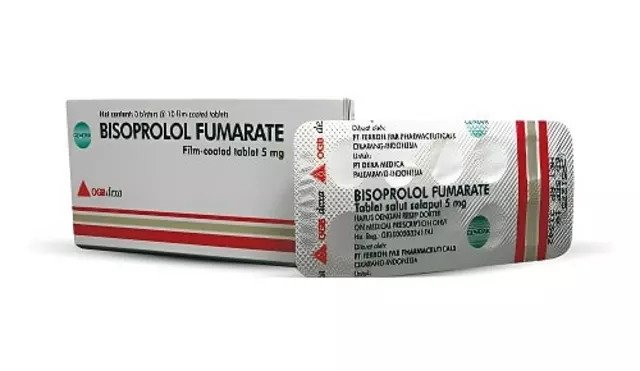Diarrhea Treatment: Quick Relief You Can Trust
If you’re running to the bathroom every few minutes, you know how miserable diarrhea can be. The good news? Most cases clear up in a day or two with the right steps. Below are easy, no‑nonsense actions you can take right now to curb the urgency, keep your body hydrated, and get back to feeling normal.
Home Remedies that Actually Work
First, focus on what you put in your stomach. Skip caffeine, alcohol, and spicy foods until the storm passes. Stick to bland, low‑fiber options like plain rice, toast, bananas, and applesauce. These foods are gentle on the gut and can help bulk up loose stools.
Hydration is the next big priority. Diarrhea steals water and electrolytes fast, so sip clear fluids all day. Water is good, but add a pinch of salt and a teaspoon of sugar to make a homemade oral rehydration solution. Sports drinks work, too, but watch the sugar content; too much can worsen the problem.
Probiotics can speed recovery by restoring healthy bacteria. A daily spoonful of plain yogurt with live cultures, or a probiotic supplement, often eases symptoms within 24‑48 hours. Just make sure you choose a product with at least a few billion CFUs.
Over‑the‑Counter Options
If home care isn’t enough, OTC meds are your next stop. Loperamide (Imodium) slows gut movement and reduces the number of bowel movements. Use the lowest effective dose and stop once symptoms improve—don’t keep it on for more than two days without a doctor’s OK.
For greasy or oily stools, bismuth subsalicylate (Pepto‑Bismol) can help. It coats the intestinal lining and reduces inflammation. Remember, this isn’t for kids under 12 or anyone with aspirin sensitivity.
Always read the label for dosage instructions, especially if you’re taking other meds. Mixing antibiotics with loperamide, for example, can be risky because it might trap bacteria inside the gut.
When to See a Doctor
Most diarrhea cases are viral and resolve on their own, but certain signs mean you need professional help. Call a doctor if you have any of these:
- Blood or black tarry stools
- Severe abdominal pain that doesn’t ease
- Fever over 101.5°F (38.5°C)
- Signs of dehydration: dizziness, dry mouth, little or no urine
- Symptoms lasting more than three days
People with weakened immune systems, recent travel to regions with unsafe water, or chronic conditions like IBD should also get checked sooner rather than later.
Quick Checklist for Same‑Day Relief
Grab a pen and use this cheat sheet when the bathroom becomes a nightmare:
- Drink 8‑10 glasses of water + pinch of salt + 1 tsp sugar
- Eat the BRAT diet (bananas, rice, applesauce, toast)
- Take a probiotic or plain yogurt
- Consider loperamide 2 mg once, then 2 mg after each loose stool (max 8 mg/day)
- Stop if you see blood, fever, or dehydration signs—call a doctor
Follow these steps, and you’ll likely feel better within a day. Diarrhea is inconvenient, but with the right moves you can control it and keep your life on track.
Imodium Guide: How to Use Loperamide Safely for Diarrhea
Learn what Imodium is, how it works, proper dosing, side effects, and buying tips. A clear, practical guide for anyone dealing with sudden diarrhea.
About
Medications
Latest Posts


The Relationship Between Bisoprolol Fumarate and Anxiety
By Orion Kingsworth Apr 27, 2023

Top Nolvadex Alternatives in 2025: Your Guide
By Orion Kingsworth Mar 19, 2025

How to make flying more comfortable for motion sickness sufferers
By Orion Kingsworth May 12, 2023

